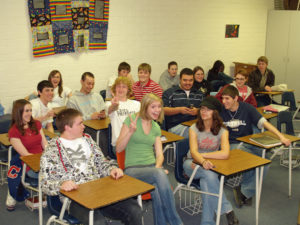Sam Ovens, who is the entrepreneur behind Ovens International Consulting, is a man who knows all about facing failure and starting over. Oven’s compelling story is an example of how far someone can go in business through hard work, humility and commitment to an original vision.
Today, Ovens International Consulting is a million dollar online business consultancy managed by Ovens. The business is comprised of consulting and training programs called E-Learning, operated out of New York. Though Ovens rise to success seems singular, he is the first to admit that it all started just four years ago, from a place of humbling failure.
Moving Back Home
Ovens is originally from New Zealand, and four years ago, in 2012, he decided to quit working as a hired hand in corporate America and go out on his own. He moved back home and lived in his parent’s garage. In his first year as an entrepreneur he launched two companies, both of which failed. He fell into debt and all seemed lost. The key for Ovens, however, was his unwillingness to give up. He made the choice to learn from his failures, and he had an insight.
What Ovens finally saw was that there was a huge gap in modern business as far as what people knew about using the Internet as an online tool. Ovens realized that many business people were being left behind due to this gap in knowledge, so he developed a model for advising and consulting businesses about how to really use the Internet to market their business. Eventually, his consulting work became a coaching program called E Learning.
Today, E Learning is based in New York and is a highly successful coaching and training empire. Ovens works as a business coach and advisor but his main focus is on managing E Learning. His experience in turning a string of failures into a massively successful business concern is an inspiring story that continues to motivate him to further achievement.
For more information on Sam Ovens and E Learnings, go to http://www.samovens.com

